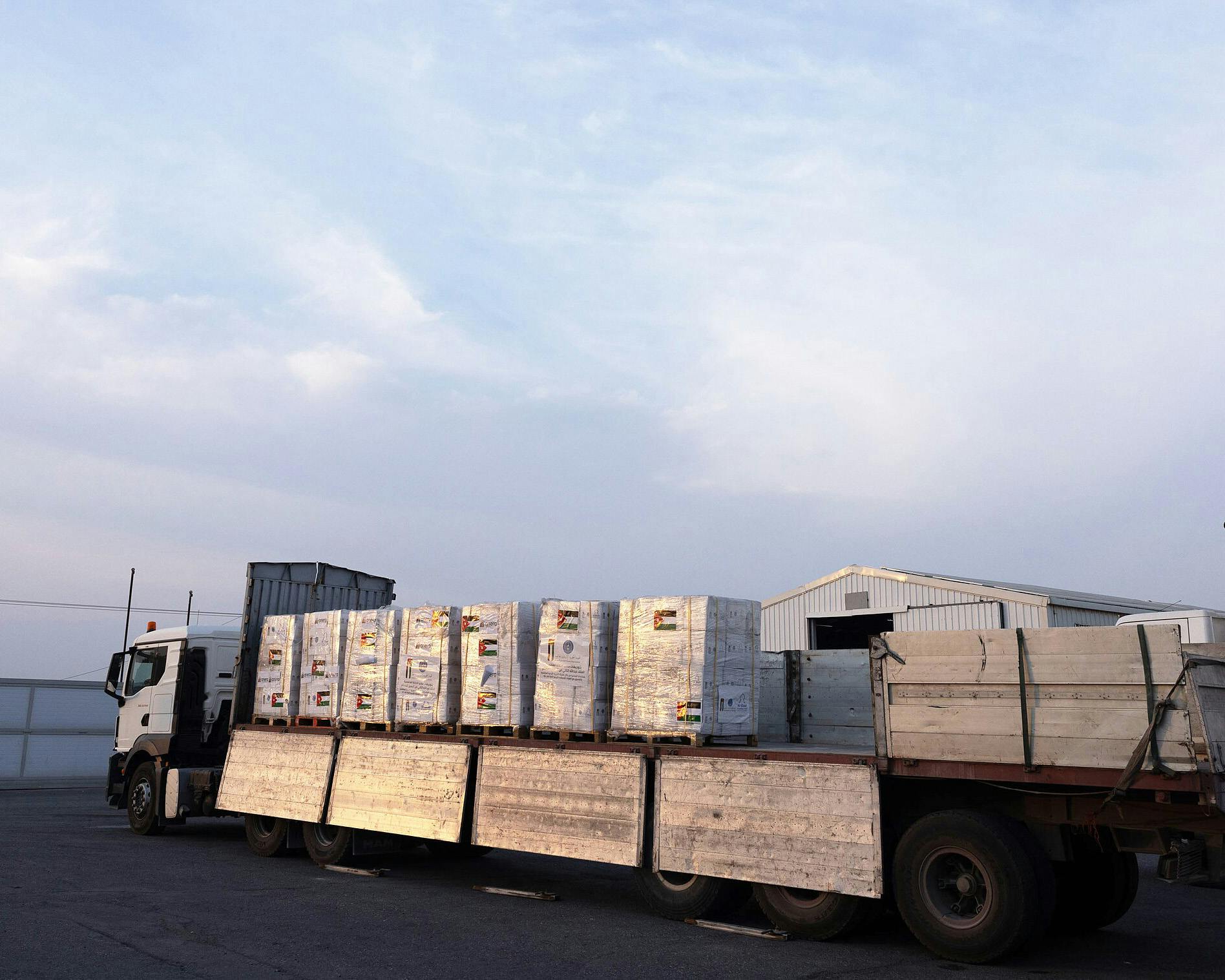The CIA's Iran Coup: Why Trump May Fear Regime Change in Tehran

Friday, 20 June 2025 | If Israel’s stated goal is to bring about regime change in Iran, its politicians, diplomats and military leaders might benefit from a deeper understanding of past foreign-backed coups—and their long-term consequences.
One particularly relevant case lies in Iran itself. Some 72 years ago, following a crisis between the Anglo-Iranian Oil Company—a powerful British conglomerate—and the Iranian government’s decision to nationalize the country’s oil industry, the CIA, with British support, orchestrated a coup that toppled the democratically elected prime minister, Mohammad Mosaddegh.

In his place, General Fazlollah Zahedi was installed as head of a military government, paving the way for the return of Shah Mohammad Reza Pahlavi.
The coup succeeded in securing Western control over Iran’s oil for the next 26 years but it also sowed the seeds of Iran’s anti-Western doctrine. It fueled growing resentment over US interference in Iranian affairs, culminating in the 1979 Islamic Revolution.
In 2013, the CIA formally acknowledged its direct involvement in planning and executing the coup, including bribing politicians and military officers and distributing propaganda to sway public opinion.
That 1953 coup stands as a double-edged sword: on one side, a model for American foreign policy aimed at replacing governments unfriendly to US interests (or too friendly with the Soviets at the time); on the other, a cautionary tale. It gave many Iranians reason to support the clerical regime, believing that US interests are driven more by economic and geopolitical gain than by genuine concern for Iranian citizens.
From Saddam to ISIS, from the Taliban to Terror Government
As US President Donald Trump signals potential military coordination with Israeli strikes on Iranian targets—while stopping short of echoing Prime Minister Benjamin Netanyahu’s open calls for regime change—he likely has regional precedents in mind.
The US spent trillions of dollars and lost thousands of lives ousting the Taliban from Afghanistan, only to see the group retake control two decades later. In Iraq, the removal of Saddam Hussein led to the rise of ISIS, which eventually forced renewed Western military involvement. Even the NATO-backed toppling of Muammar Gaddafi in Libya devolved into ongoing civil war and lawlessness.
These interventions have left deep anti-American sentiment among many Muslims in the region, fueled by widespread death, destruction and disillusionment. Moreover, while Western narratives often focus on the millions of Iranians presumed to be awaiting revolution, it’s important to remember that tens of millions still support the regime—and some even believe it’s not fundamentalist enough.
A violent revolution could trigger a bloody civil war, a scenario that might reinforce the Trump administration’s preference for non-interventionism.
When a Regime Has Nothing to Lose
Iran’s rulers understand well the stakes of a forced overthrow—after all, the Islamic Republic itself came to power through revolution. That history makes them more likely to respond with mass violence if they believe they’re facing imminent removal, especially if they feel they have nothing left to lose.
American interventionism isn’t limited to the Middle East. In places like Nicaragua, Haiti, Angola and Vietnam, US-backed efforts to install favorable regimes often failed. Since World War II, only the democratization of Germany and Japan—nations seen as existential global threats—can be deemed lasting successes and even those came with broad Western consensus. Other regime-change operations lacked both urgency and unified support.
There may be few governments as brutal and repressive as Iran’s. Arbitrary arrests, torture, executions and widespread oppression of women, LGBTQ individuals and minorities are well-documented. Add to that its proxy terror campaigns, weapons sales to Russia and nuclear ambitions and Iran poses a genuine threat to global security and stability.
Yet history has taught Iranian citizens that toppling one regime doesn’t guarantee a better future. That sobering reality, combined with the regime’s willingness to use force, may make the Iranian public think twice before rising up.
(This article was originally published by Ynetnews on June 19, 2025. Time-related language has been modified to reflect our republication today. See original article at this link.)
https://www.ynetnews.com/article/b19zrtwnlg
License: Wikimedia
Related Resources

Discover Your Purpose and God’s Heart For You
In today's divided, turbulent world, it's essential for the Church to rediscover God's heart. Our free e-book, authored by a seasoned expert with three decades of experience in Israel, delves deep into the teachings of Jesus (Yeshua) to reveal God’s principles of love and purpose. Learn how embracing these truths can bring significance and impact to your life, even amidst chaos. Subscribe now to receive your free copy and embark on a journey of transformation.




